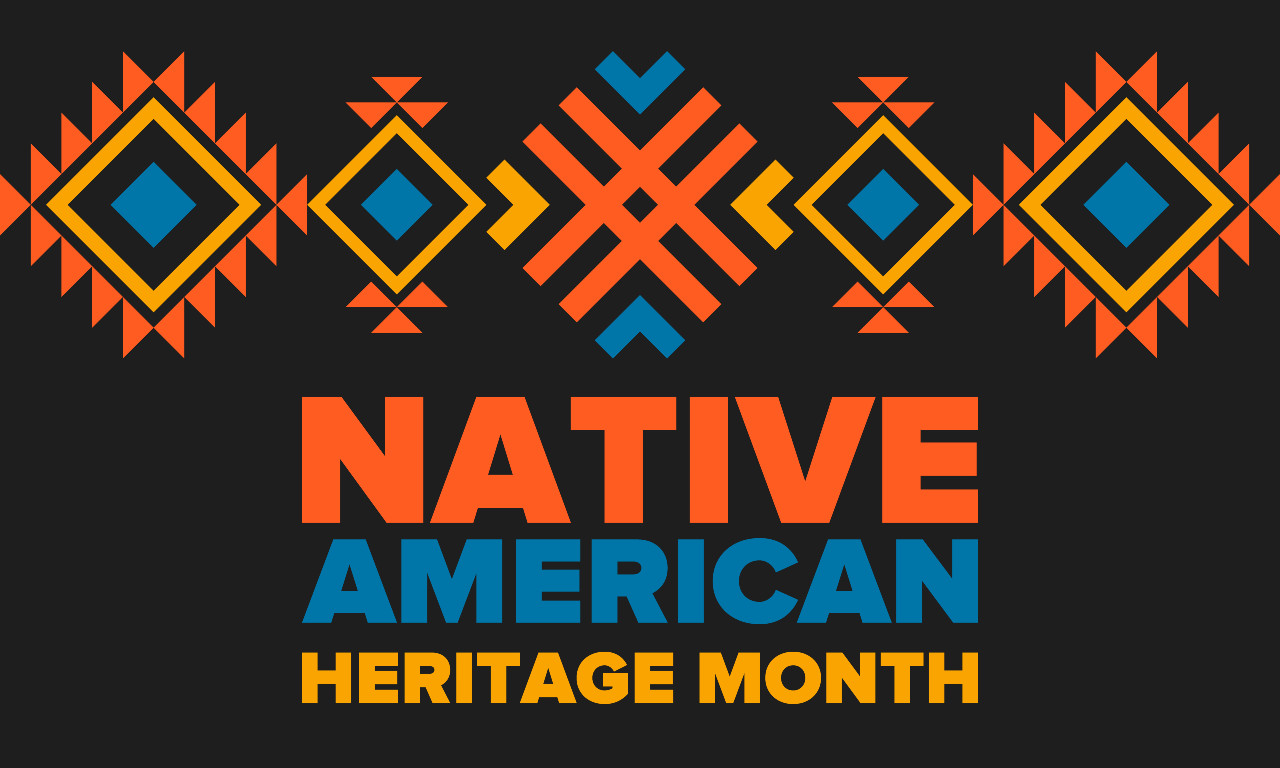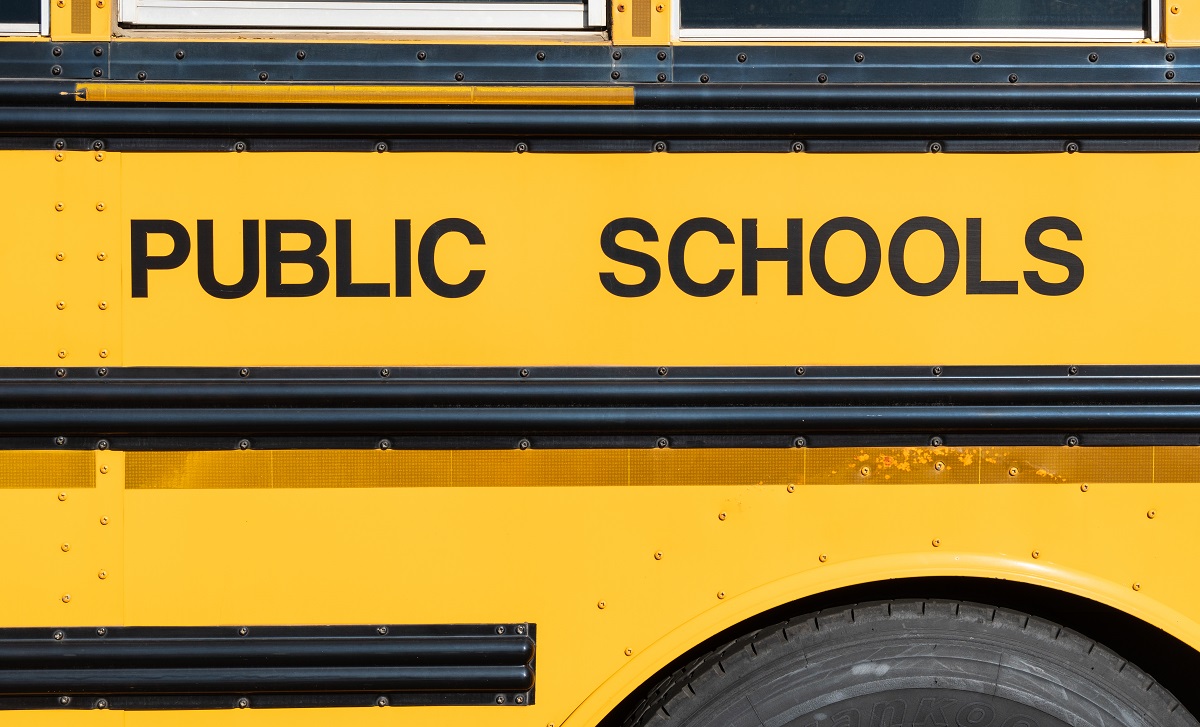On her first day as superintendent in the Shasta County Office of Education in 2017, Judy Flores was approached by the Local Indians for Education Center Director Rod Lindsay, who emphasized the need for greater support from the county office for Native American students. Digging into the issue, Flores found that chronic absenteeism was significantly higher for Native students than other groups, which led to two events: an attendance summit involving districts, county agencies and law enforcement later that year, followed by a listening session with tribal leaders and key Native representatives alongside school district superintendents and Shasta County Board of Education members.
The summit revealed that many absences occurred due to attendance policies that did not accommodate Native ceremonial and cultural observations, resulting in a 21 percent chronic absence rate. That listening session led to the 2019 formation of the COE’s American Indian Advisory, made up of local tribal members, community organizations, educators and SCOE employees. The group began to address a variety of challenges raised in the listening sessions in which it was revealed that there was deep disconnect between tribal families and schools in Shasta County.
Flores shared what happened at that meeting in a 2022 podcast interview with WestEd. “One of the things that I heard loud and clear is, ‘We’ve never had an audience with our district superintendents before. We’ve never been able to share the disconnect that we feel and what it’s like to not have our cultural events be recognized as holidays, not see ourselves within the curriculum, not see our teachers really understand who we are,’” she said.
The COE found that listening and understanding is key to building trusting relationships with the Native community. Shasta COE Director of School & District Support Kelly Rizzi said that it takes time. “We have generations of genocide and abuse and wrongdoing here on Shasta County soil. And so, for those of us at the county office, we move slowly,” she said in the same podcast.
The advisory group includes members of the Pit River Tribe, Redding Rancheria, Wintu Tribe of Northern California and the Winnemem Wintu, and each meeting begins with reports, celebrations and concerns from the tribes. Also at each meeting, Title IV Indian Education coordinators and local community groups share, providing a common space to identify the challenges and successes of Native youth in the area.
The advisory group’s mission is “to support and encourage a more inclusive and robust educational experience for Shasta County students by accurately depicting Native American history, correcting myths and misconceptions, combating prejudice and promoting safety, appreciation, celebration, and honoring of the history, culture, and continuing contributions of Native Americans.” One way the group is implementing this vision is through community and educator training, which began in 2019 with a day of speakers selected by tribal members to talk about the history and current affairs of local tribes and the realities of what Native students are experiencing in the school setting.
Hearing the need for more culturally responsive pedagogy to support Native students, the advisory in 2019 formed a lesson study team of teachers who co-design history and social studies lessons with tribal knowledge keepers. Teacher-created lessons are reviewed by a tribal council to ensure accuracy before they are piloted. “This planning process enables tribal members to develop curricular narratives shaped by the wisdom and traditions of their own community, which is a powerful tool in combating deficit narratives that dominate mainstream curricula,” according to a related WestEd brief.
Coming to fruition
These efforts are beginning to pay dividends, both in the community and in the outcomes of Native American students. The American Indian Advisory has one member that comes with a unique perspective as a former teacher in Happy Valley School District in Shasta County, a member of the Wintu Tribe of Northern California and now an SCOE employee. Cindy Hogue has seen a difference in the classroom from these intentional changes in curriculum and school climate.
“I see more of our children becoming able to branch out and express themselves,” Hogue said during the podcast. “In my history, my own personal history, we were told to keep quiet because my mother and my aunts and my uncles had been seated in the back of the classrooms. And so, we were told, ‘Just be quiet, keep your head down.’ Well, now I’m able to say, “This is who I am.” I want the kids to be able to say that. I want them to say, ‘This is who I am and I’m proud of it.’ And so having a curriculum that celebrates them and celebrates their resilience and their ability to overcome so many obstacles, that’s a major victory for our people.”
She also said the benefits aren’t just materializing for Native students. “For so long history curriculum, textbooks, reading materials have not really addressed or included our children. I taught one of the eighth-grade lessons that we’re working on right now in my classroom, and the kids in the classroom live where my people lived,” she explained. “I mean, I actually teach right in the area where my band is from. And they were able to relate to the lesson, not just the Native American kids, but everybody because the entire lesson was relatable to everyone that was in the room. And so, education becomes important to them because it is about them. The history is about them. And I see more of our children becoming involved as these lessons grow.”
The group has had success in the legislative arena as well, including Superintendent Flores speaking at a 2021 hearing to discuss the American Indian Advisory’s work. The advisory supported a bill by Assemblymember Megan Dahle (R-Bieber), Assembly Bill 516, signed in 2021, which added participation in a cultural ceremony or event to the list of reasons that a pupil must be excused from school.
The advisory is now hard at work advising other local educational agencies on the requirements of AB 1703, authored by the Assembly’s first Native American lawmaker James Ramos, also known as the California Indian Education Act, which became California law in 2022. The new law encourages LEAs to create task forces that include representatives of area Native American tribes and educators to talk about mutually concerning issues; share the government, history and culture of local tribes; and develop relevant curriculum and classroom materials — work that Shasta COE knows well.
“When you hear the stories of our Native community members, you begin to feel their pain and understand why they feel so disconnected from school,” said Flores. “My hope is that our work will build a strong sense of belonging for our Native youth, will increase the trust we have with each of our local tribes, and that our schools would embrace students of all cultures and appreciate the rich experiences that each one brings.”





